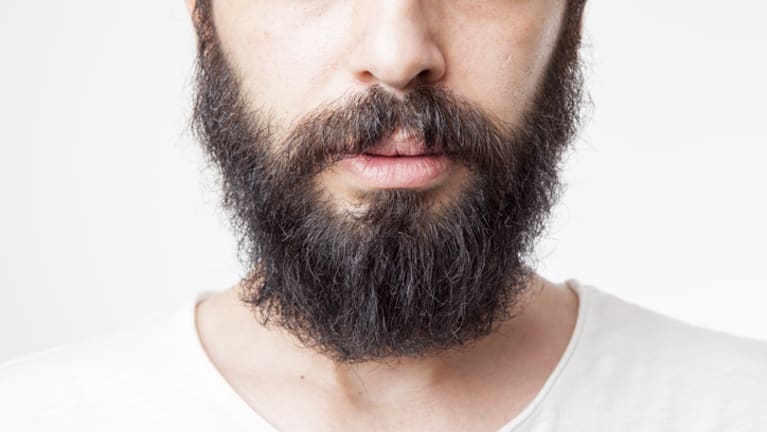

?A recent settlement agreement between United Parcel Service (UPS) and the U.S. Equal Employment Opportunity Commission (EEOC) serves as a reminder that accommodating job applicants’ religious beliefs supersedes an organization’s appearance policy in most cases, even when the job’s role is public-facing.
The EEOC has been aggressively making good on the promise made in its latest strategic enforcement plan to focus on class-based recruitment and hiring practices, said Aaron Gelb, a partner in Conn Maciel Carey’s Chicago office. The agency’s plan includes eradicating religious barriers to employment.
“While many employers readily understand the need to reasonably accommodate disabled applicants and employees, it seems that some employers fail to grasp that they may also have to accommodate religious beliefs and practices of applicants and employees,” Gelb said.
UPS agreed to pay $4.9 million to settle a religious-discrimination class-action suit originally brought by the EEOC in 2015. The agency alleged that since at least 2005, UPS failed to hire or promote individuals whose religious practices conflict with its appearance policy and provide religious accommodations to its appearance policy at facilities throughout the United States. Company policy prohibits male employees in supervisory or customer-contact positions, including delivery drivers, from wearing beards or growing their hair longer than collar length.
Specific allegations in the suit included Muslim applicants being told they would have to shave their beard for driver positions, a Native American man told he would have to cut his long hair in order to be hired, and Rastafarians denied positions due to the length of their dreadlocks.
The EEOC further alleged that UPS, as a matter of policy, hired employees who maintained beards or long hair in accordance with their religious beliefs into nonsupervisory, back-of-the-house positions without customer contact.
Kevin Berry, director of the EEOC’s New York District office, said that the alleged conduct violates Title VII of the Civil Rights Act of 1964, which prohibits employers from discriminating against individuals because of their religion. “Federal law requires employers to make exceptions to their appearance policies to allow applicants and employees to observe religious dress and grooming practices,” he said.
The law also requires that “once informed that a religious accommodation is needed, employers accommodate an applicant or employee whose sincerely held religious belief, practice or observance conflicts with a work requirement, unless doing so would pose an undue hardship,” Gelb said. He explained that undue hardship under Title VII has been defined by courts as imposing more than ordinary administrative costs or burdens on the operation of the employer’s business.
“Customer preferences—even the anticipated loss of business—does not constitute an undue hardship,” he said. For that reason, employers may not, when making hiring decisions, assign new hires to a back-of-the-house position because of actual or feared customer preferences.
“The EEOC maintains that such decisions violate Title VII’s prohibition on limiting, segregating or classifying employees based on religion,” he said. “It does not matter if the employer is following a uniformly applied employee policy. Rather, the employer must make an exception to its policy or practice as a religious accommodation.”
Takeaways for Employers
Gelb recommended that employers review their dress and appearance policies periodically and consider inserting language affirming the organization’s willingness to consider accommodations for sincerely held religious beliefs.
The EEOC encourages employers to engage in an interactive dialogue with applicants when evaluating reasonable accommodation requests.
“Recognizing that these issues will often be encountered first by front-line managers and supervisors, employers should provide training to managers and supervisors explaining that the law may require making a religious exception to an employer’s otherwise uniformly applied dress or grooming rules, practices or preferences,” Gelb said. “Employers should also take steps to ensure that those tasked with responding to accommodation requests—whether they be in human resources or operations—understand that they must explore alternative accommodations if an employee’s proposed accommodation would pose an undue hardship. The greater the effort to investigate other options, the more likely the employer will prevail in a subsequent charge or lawsuit.”

